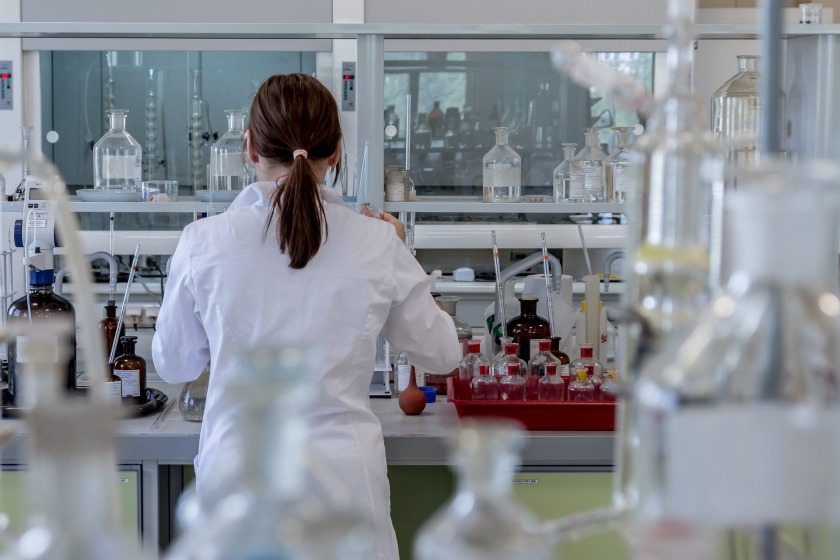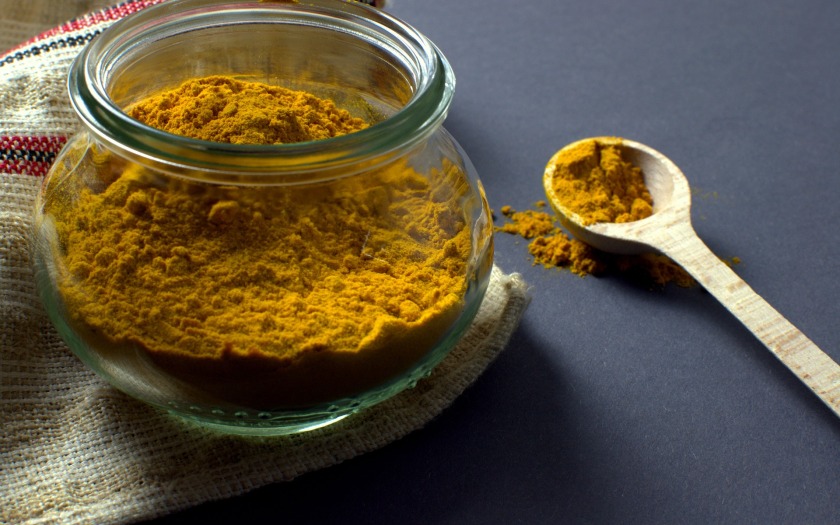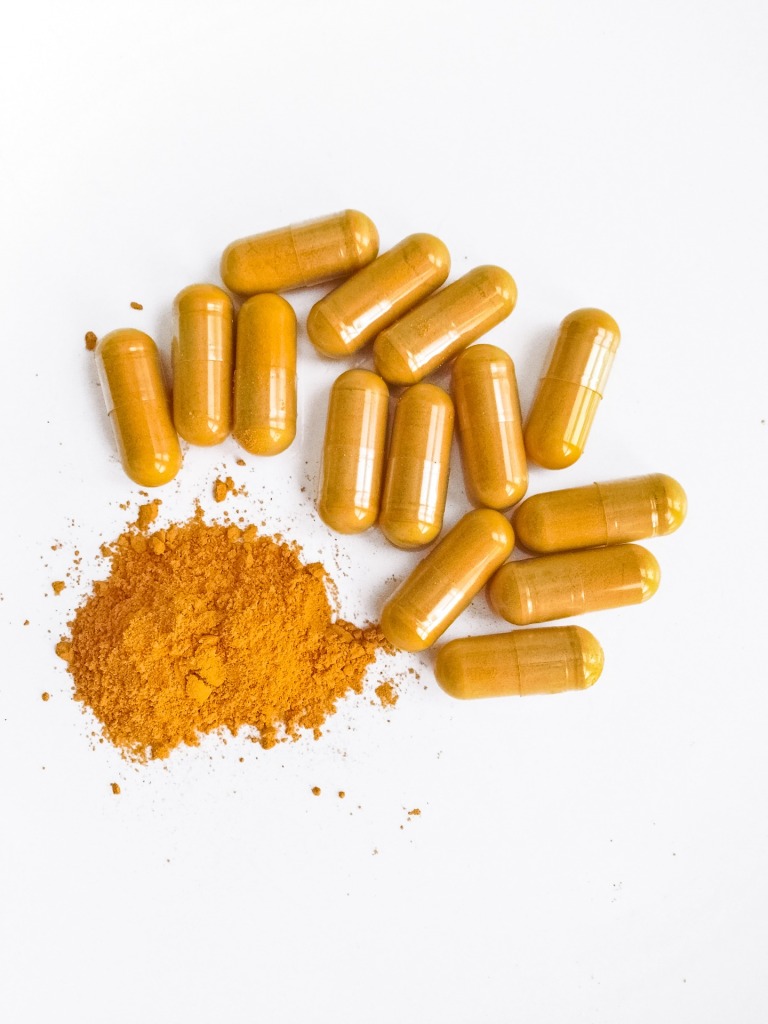You might have seen in the media lately a lot of coverage about the use of cannabis to treat epilepsy and other conditions. It all started with the case of a young boy with severe epilepsy who was using cannabis oil to manage his seizures, with apparently great effect. Until, that is, his mother was unable to bring his treatment into the UK and his medication was seized at the airport.
These stories raise three questions:
- What does UK law regulate in the case of medications based on cannabis
- What is a cannabis oil?
- Can cannabis treat any medical condition?
UK Law
In the UK, cannabis is a Class B drug – you aren’t allowed to possess or supply it and doing so can result in jail-time. This is a regulation under the Misuse of Drugs Act 1971, however cannabis is also regulated by The Misuse of Drugs Regulations 2001 which control the therapeutic use of drugs. Under this legislation, cannabis is regulated as a Schedule 1 drug which means it is not available for medical purposes and possession and supply are prohibited unless the Home Office approves.

Cannabis: the sum of its parts
Cannabis refers to a group of plants which produce compounds called cannabinoids. Cannabis plants contain 113 different cannabinoids – so what exactly are we talking about when we talk about cannabis oil?
The two important cannabinoids to consider are tetrahydrocannabinol (THC) and cannabidiol (CBD). THC is the main part of cannabis that gives its psychoactive effects. It’s the compound that will make you feel ‘high’ if you smoke marijuana although this response is mediated by other cannabinoids too. It also stimulates release of the hunger hormone, ghrelin, which explains why people have an increased appetite when they take cannabis. It does this by binding to a specific receptor on the surface of cells in the brain.
CBD is non-psychotropic and it acts in a very different way to THC. But it might also enhance THC activity by increasing the number of receptors available for THC to bind to. It might also increase the levels of those natural endocannabinoids in the body.
In the UK, CBD is legal which means cannabis oils containing only CBD are legally available whereas THC is not legal.

Can cannabis treat disease?
In the UK, there are already two cannabinoid based treatments licensed for prescription. Nabilone is used to treat nausea and vomiting in people undergoing chemotherapy. There are other conditions it has been indicated for including IBS, fibromyalgia, chronic pain and parkinson’s disease however in the UK it is only permitted to help treat the side effects of chemotherapy.
The second cannabinoid based treatment available in the UK is Sativex which is used to treat the symptoms of multiple sclerosis including neuropathic pain and spasticity. Sativex is a cannabis extract which contains both THC and CBD.
Cannabis for epilepsy
When it comes to epilepsy – there is considerable evidence that THC can control convulsions through regulation of neuronal excitability and inflammation. But because it can make you high – it’s not an ideal avenue for therapeutic exploration.
Research into CBD for treating epilepsy is relatively new but initially promising at least for certain types of epilepsy and there is a drug awaiting FDA approval which can treat Lennox-Gastaut syndrome and Dravet syndrome, two severe forms of epilepsy. But this might not be sufficient in all cases – some patients may require different mixtures of THC and CBD to see an effect.
Cannabis for cancer
Cannabis can be useful in managing cancer-associated side effects in patients. It can act as both a pain reliever and a way to reduce nausea and enhance appetite. But there is early research that it might also kill cancer cells and stop them growing. In these cases researchers have looked at highly purified THC and CBD. Some trials have shown that combining chemotherapy with cannabis might have some promise. However, we have insufficient evidence to support its use as a cancer treatment either due to small study sizes or the research predominantly taking place in cells in the lab which is just not a good representation of what would happen in humans. We don’t know which types of cannabinoids are most useful, what doses are needed, what types of cancer respond, how to take them effectively and whether they should or shouldn’t be combined with other treatments.
Cannabis research
If cannabis is so promising, why don’t we do more research on it to bring it to clinical trial? Cannabis is a Schedule 1 regulated drug, it can only be used in research with Home Office approval. Schedule 1 drugs are so classified because they are not deemed to have medical usefulness. But researchers like Professor David Nutt are concerned that the medical usefulness of cannabis cannot be proven if research is prohibited.
Importantly, the recent media interest in cannabis use as a medical treatment has been useful in encouraging a UK government review on the therapeutic value of medications based on cannabis. This review will be undertaken by the Advisory Council for the Misuse of Drugs and may lead to a change in the legal status of cannabis and cannabinoids with regards to their use in medicine.

Alternative medicine
In the meantime, it is important to remember that while cannabis holds some promise as a potential therapy for many conditions, it is crucial to always follow professional medical advice when considering medical treatments. The research supporting cannabis use is limited and there are many questions about safety and efficacy that remain unanswered. For many conditions that cannabis might be useful for, we already have good medical treatments that can be used before considering an as-yet, unproven treatment. Cannabis oils are poorly regulated and might have wildly variable levels of cannabinoids and may even contain ingredients that are harmful. It is never advisable to buy medical treatments online or take medical advice from someone other than a qualified medical professional.
I talked more about this on my podcast, Skeptics with a K – on this episode. You can follow me on Twitter @AliceEmmaLouise for more.





